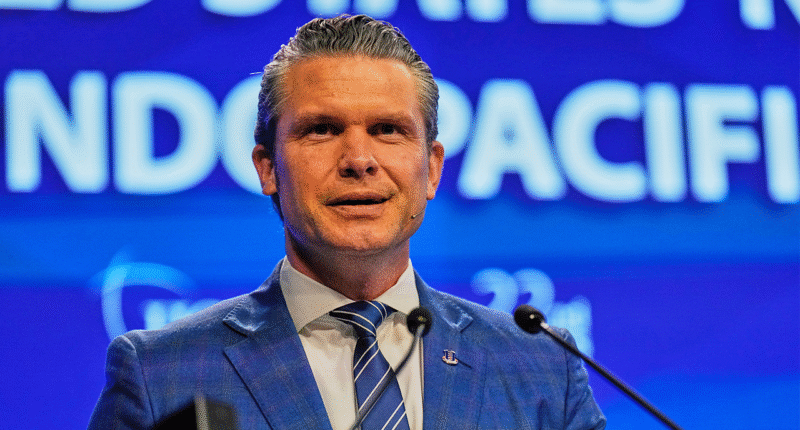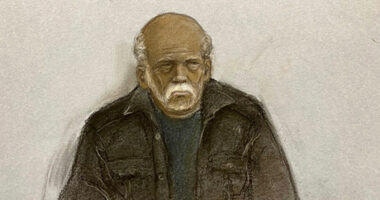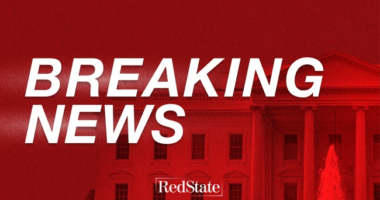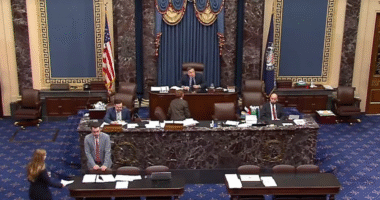China criticized U.S. Defense Secretary Pete Hegseth on Sunday for his “vilified” remarks “filled with provocations” in which he said the Asian country poses a legitimate threat in the Indo-Pacific.
The Chinese Foreign Ministry said Hegseth touted a “Cold War mentality” when he delivered his speech on Saturday at the Shangri-La Dialogue security conference in Singapore.
“Hegseth deliberately ignored the call for peace and development by countries in the region, and instead touted the Cold War mentality for bloc confrontation, vilified China with defamatory allegations, and falsely called China a ‘threat,'” a spokesperson for the ministry said in a statement.
“The remarks were filled with provocations and intended to sow discord,” the statement continued. “China deplores and firmly opposes them and has protested strongly to the U.S. No country in the world deserves to be called a hegemonic power other than the US itself, which is also the primary factor undermining the peace and stability in the Asia-Pacific.”
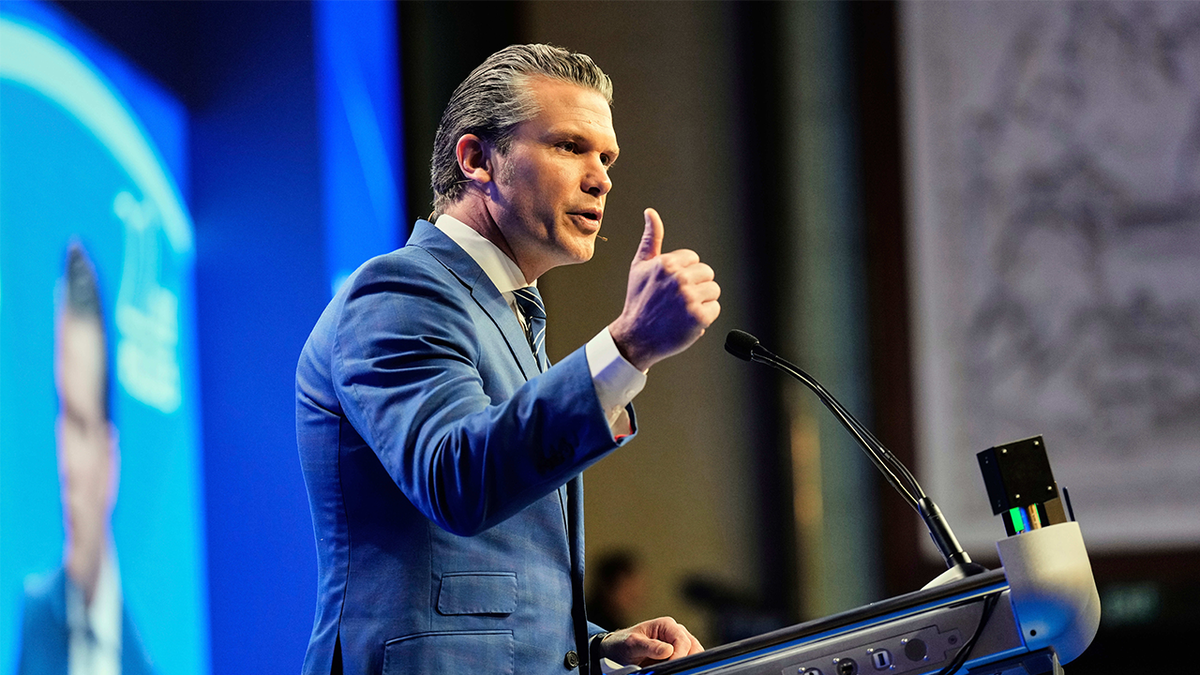
Hegseth said the U.S. will bolster its defenses overseas to counter what the Pentagon views as rapidly developing threats by China. (AP)
The statement also accused the U.S. of deploying offensive weaponry in the South China Sea and “stoking flames and creating tensions” in the Asia-Pacific, which it said was “turning the region into a powder keg and making countries in the region deeply concerned.”
In the South China Sea, the statement said there “has never been any problem with regard to freedom of navigation and overflight there.”
“China has always been committed to working with countries concerned to properly handle differences through dialogue and consultation, while safeguarding China’s territorial sovereignty and maritime rights and interests in accordance with laws and regulations,” the spokesperson said. “It is the U.S. that is the primary factor hurting the peace and stability in the South China Sea.”
The statement concluded: “China urges the U.S. to fully respect the efforts of countries in the region to maintain peace and stability, stop deliberately destroying the peaceful and stable environment cherished by the region, and stop inciting conflict and confrontation and escalating tensions in the region.”
Chinese Defense Ministry spokesperson Zhang Xiaogang also called Hegseth’s comments a provocation that distorted China’s policy positions.
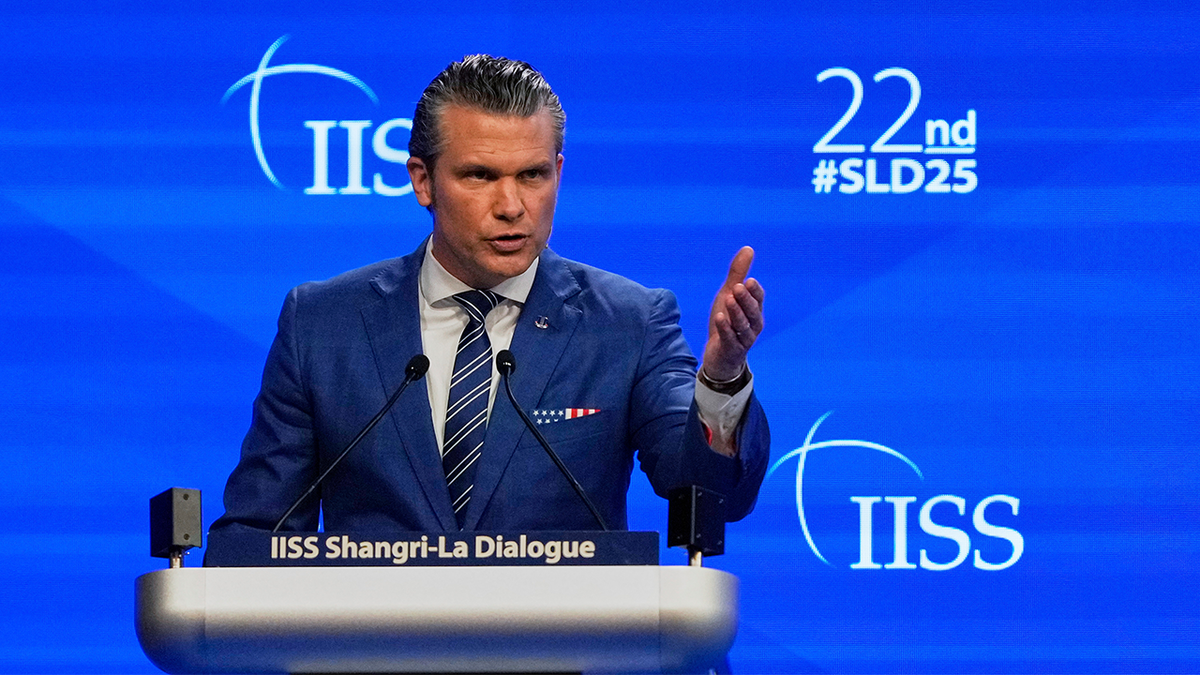
Hegseth said the Chinese army “is rehearsing for the real deal” and the threat it poses could be imminent. (AP)
While Hegseth vowed to boost U.S. defenses overseas to counter any possible threat from China, the defense secretary insisted that allies in the Indo-Pacific also contribute more to their own defense.
“We ask, and indeed we insist, that our allies and partners do their part on defense,” he said on Saturday. “Sometimes that means having uncomfortable and tough conversations.”
The U.S. and China reached a deal last month to cut tariffs on each down to 115% for 90 days to allow time for negotiators from both sides to come to a more substantive agreement — U.S. tariffs on China were reduced from 145% to 30% and China’s taxes on the U.S. were slashed from 125% to 10%.
But Trump said in a social media post on Friday that he would no longer be “nice” with China when it comes to trade and accused Beijing of breaking an unspecified agreement with the U.S.
